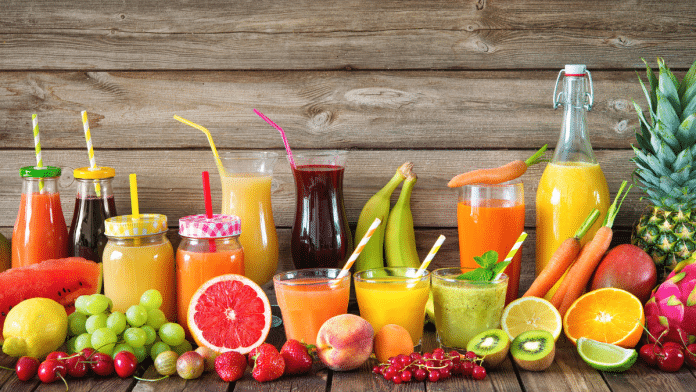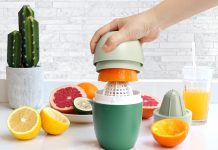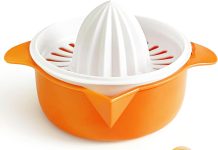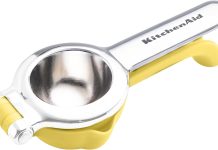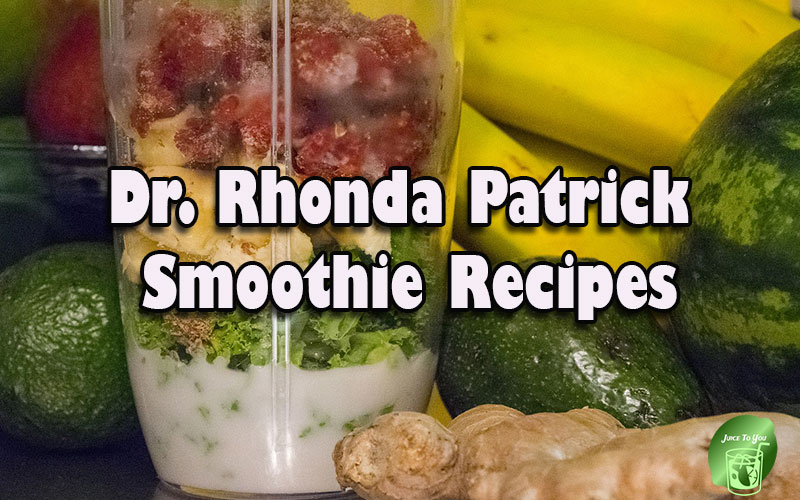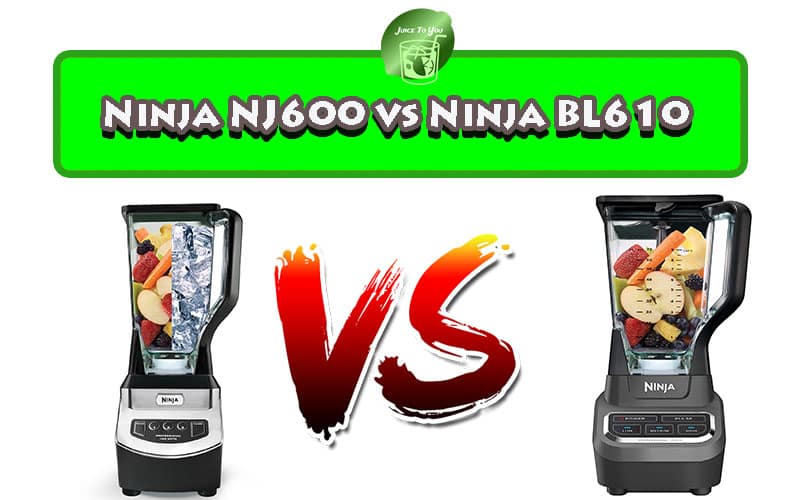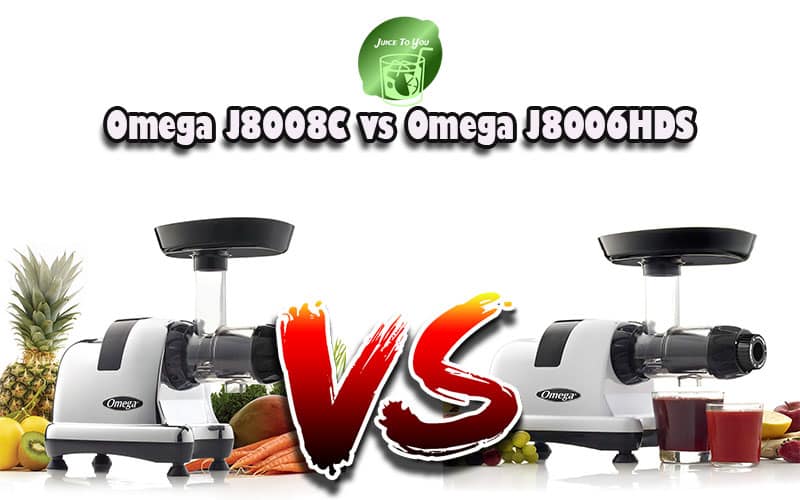Curious about the shelf life of fresh juice in the refrigerator? Wonder no more! In this article, we’ll unveil the secrets behind the longevity of your favorite fruity and wholesome beverages. You’ll discover just how long that vibrant orange juice or zesty lemonade can stay fresh and delicious, keeping you refreshed and hydrated. Say goodbye to guessing games and hello to a fridge full of confidence that your juice will still be good when you’re ready to sip away. So, let’s get right into it, shall we?
Review contents
Factors Affecting the Shelf Life of Fresh Juice
Quality of Ingredients
The quality of ingredients used in making fresh juice plays a crucial role in determining its shelf life. Using fresh and ripe fruits and vegetables will ensure that the juice stays fresh for a longer period. On the other hand, using overripe or spoiled produce can lead to a shorter shelf life and even spoilage within a few days.
Type of Fruit
Different fruits have varying shelf lives when juiced. Citrus juices, such as orange or grapefruit juice, tend to have a longer shelf life compared to other fruit juices. This is due to their high acidity, which acts as a natural preservative. On the other hand, fruit juices like apple, berry, and watermelon have a shorter shelf life and are prone to spoilage if not consumed within a few days.
Processing Method
The processing method used to make fresh juice can significantly impact its shelf life. Cold-pressed juices, which are made using a hydraulic press, tend to have a longer shelf life compared to juices made through other methods like centrifugal juicers or blenders. Cold-pressed juices undergo minimal heat exposure during extraction, which helps preserve the nutrients and extends the shelf life.
Storage Temperature
The temperature at which fresh juice is stored plays a crucial role in determining its shelf life. Ideally, fresh juice should be stored in the refrigerator at a temperature below 41°F (5°C). The cold temperature slows down the growth of bacteria and extends the shelf life of the juice. Storing fresh juice at room temperature or in warm conditions can promote bacterial growth and lead to spoilage within a short period.
Exposure to Air and Light
Exposure to air and light can cause oxidation in fresh juice, leading to a decrease in its nutritional value and a shorter shelf life. To prolong the shelf life of fresh juice, it is essential to store it in airtight containers, preferably made of opaque or dark materials that block light. Avoiding frequent opening of the container also minimizes air exposure and helps maintain the juice’s quality for a longer time.
Presence of Preservatives
Some commercially available fresh juices contain preservatives to extend their shelf life. These preservatives can be natural or artificial additives that prevent spoilage and maintain the juice’s freshness. However, it is important to note that the presence of preservatives does not guarantee an indefinite shelf life. It is still essential to check the expiration date and consume the juice within the recommended time frame.
Packaging Method
The packaging method used for fresh juice can also impact its shelf life. Juices that are packaged using airtight containers, such as glass bottles or vacuum-sealed pouches, tend to have a longer shelf life compared to those packaged in open or loosely sealed containers. Airtight packaging helps preserve the juice’s freshness by minimizing exposure to air and preventing contamination.
Juicing Equipment Cleanliness
The cleanliness of the juicing equipment used to extract fresh juice can affect its shelf life. It is important to ensure that the juicer or blender used is properly cleaned and sanitized before use. Any residues or contaminants left behind in the equipment can promote bacterial growth and lead to spoilage of the juice. Regular cleaning and maintenance of juicing equipment are essential to maintain the quality and extend the shelf life of fresh juice.
Frequency of Opening the Container
The frequency of opening the container in which fresh juice is stored can impact its shelf life. Every time the container is opened, air enters, and the juice is exposed to oxygen. This exposure can lead to oxidation and a decrease in the juice’s freshness. To extend the shelf life, it is advisable to pour out the desired amount of juice at once, minimize opening the container, and promptly reseal it to prevent air exposure.
Signs of Spoilage
It is important to be able to identify signs of spoilage in fresh juice to prevent consumption of unsafe or expired products. Some common signs of spoilage include an off odor, mold growth, change in color, presence of sediment or particles, and a fizzy or fermented taste. If any of these signs are observed, it is best to discard the juice to avoid potential health risks.
Shelf Life of Different Types of Fresh Juice
Citrus Juice
Citrus juices, such as orange, grapefruit, and lemon, tend to have a longer shelf life compared to other fruit juices. When properly stored in the refrigerator, citrus juices can last for up to 7-10 days. The high acidity in citrus fruits acts as a natural preservative, helping to keep the juice fresh for a longer duration.
Apple Juice
Apple juice has a relatively shorter shelf life compared to citrus juices. When stored in the refrigerator, unopened apple juice can last for about 5-7 days. Once opened, it should be consumed within 3-5 days to maintain its quality and prevent spoilage. It is important to note that freshly squeezed apple juice has a shorter shelf life compared to pasteurized apple juice, which undergoes a heat treatment process to extend its shelf life.
Berry Juice
Berry juices, such as strawberry, blueberry, and raspberry, have a shorter shelf life compared to citrus juices. When stored in the refrigerator, unopened berry juice can last for about 3-5 days. Once opened, it should be consumed within 2-3 days to ensure optimal freshness. Due to their lower acidity levels, berry juices are more prone to spoilage and should be consumed promptly.
Vegetable Juice
Vegetable juices, such as carrot, beet, and spinach juice, can have varying shelf lives depending on the specific vegetables used. Generally, vegetable juices have a shorter shelf life compared to fruit juices. When stored in the refrigerator, unopened vegetable juice can last for about 3-5 days. Once opened, it should be consumed within 2-3 days for best quality and to avoid potential spoilage.
Green Juice
Green juices, typically made from a combination of leafy greens, herbs, and fruits, have a relatively shorter shelf life compared to other juices. When stored in the refrigerator, unopened green juice can last for about 2-4 days. Once opened, it should be consumed within 1-2 days to maintain its freshness and nutritional value.
Watermelon Juice
Watermelon juice has a relatively short shelf life due to its high water content. When stored in the refrigerator, unopened watermelon juice can last for about 1-3 days. Once opened, it should be consumed within 1-2 days for optimal taste and quality. Watermelon juice should be handled with care and consumed promptly to prevent spoilage.
Other Fruit Juices
Other fruit juices, such as pineapple, grape, and pomegranate, can have varying shelf lives depending on the specific fruit used. When stored in the refrigerator, unopened fruit juices can generally last for about 3-5 days. Once opened, they should be consumed within 2-3 days to maintain their freshness and prevent spoilage. It is important to refer to the specific fruit’s characteristics and consult the product label for more accurate shelf-life information.
Homemade vs. Store-Bought Juice
Homemade fresh juice typically has a shorter shelf life compared to store-bought juice. This is primarily because homemade juice does not undergo pasteurization or the addition of preservatives, which help extend the shelf life of commercially available juices. When stored in the refrigerator, homemade fresh juice can last for about 2-4 days. Store-bought juices, especially those labeled as pasteurized and containing preservatives, can have a shelf life of several weeks or even months if unopened.
Unopened vs. Opened Juice
The shelf life of fresh juice can vary depending on whether it is unopened or opened. Unopened juice, when properly stored in the refrigerator, can last for a longer period compared to opened juice. Once opened, the juice is exposed to air and may begin to deteriorate more quickly. It is important to check the product label for specific recommendations on shelf life and consume opened juice within the indicated time frame for the best quality and safety.
Juice from Concentrate vs. Freshly Squeezed Juice
Juice made from concentrate tends to have a longer shelf life compared to freshly squeezed juice. Concentrated juice undergoes a process where water is removed from the juice, reducing its perishability. When properly stored in the refrigerator, juice made from concentrate can last for several weeks or even months. Freshly squeezed juice, on the other hand, has a shorter shelf life due to its higher water content and lack of additives or preservatives. It is advisable to consume freshly squeezed juice within a few days of preparation for optimal taste and freshness.
In conclusion, the shelf life of fresh juice can be influenced by various factors, including the quality of ingredients, type of fruit, processing method, storage temperature, exposure to air and light, presence of preservatives, packaging method, juicing equipment cleanliness, frequency of opening the container, and signs of spoilage. Understanding these factors and properly storing and handling fresh juice can help maximize its shelf life and ensure its safety and quality for consumption.

